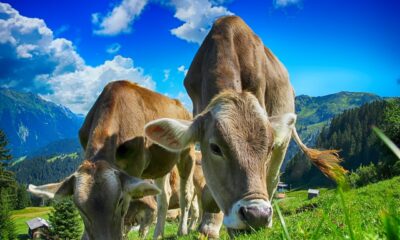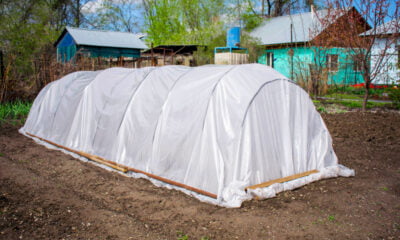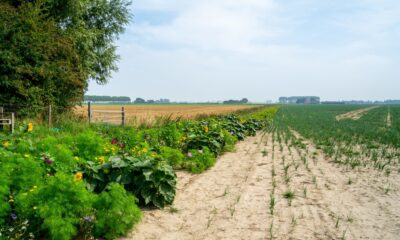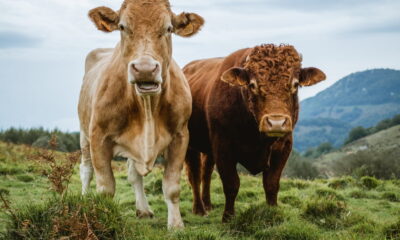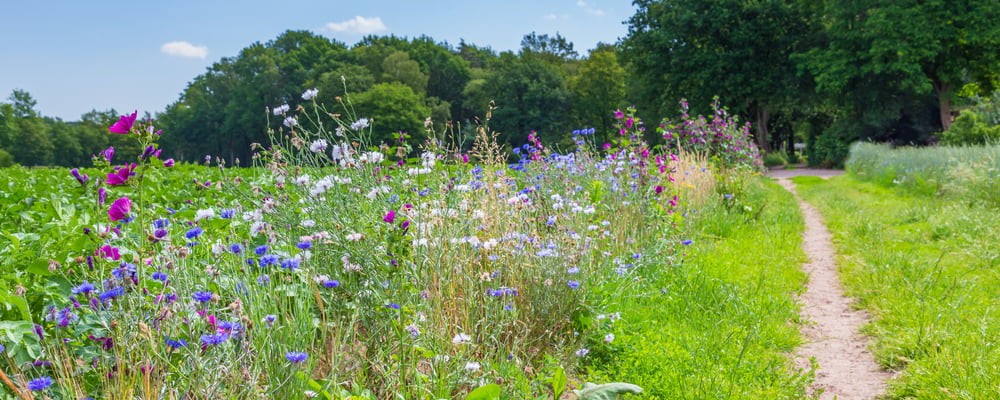
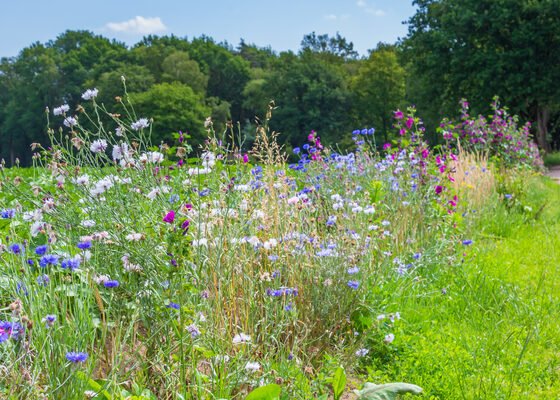
Environment
The Link Between Sustainable Farming & Biodiversity
Biodiversity, the variety of life on Earth, is crucial for maintaining a healthy and resilient ecosystem. It encompasses not only the diverse array of plant and animal species but also the genetic diversity within each species.
Unfortunately, conventional farming methods, such as the heavy use of synthetic pesticides and fertilizers, have had detrimental effects on biodiversity.
Sustainable farming, on the other hand, takes a holistic approach to agriculture that aims to minimize the negative impact on the environment while ensuring long-term productivity. By adopting sustainable farming practices, farmers can create and maintain habitats that support a wide range of species. This, in turn, helps to preserve biodiversity and promotes the natural balance of ecosystems.
The Role of Smart Irrigation in Sustainable Farming
Water scarcity is a critical issue in many regions of the world, and unsustainable irrigation practices have exacerbated this problem.
However, the advent of smart irrigation technologies has revolutionized water management in agriculture, playing a crucial role in sustainable farming.
Smart irrigation systems utilize sensors and data analysis to optimize water usage, ensuring that crops receive the right amount of water at the right time.
One of the best smart immigration systems is Lumo, a California-based technology designed for ambitious growers. It allows growers to control, measure, and monitor their regulations from an app on their phone or laptop. It features an efficient hardware and software system that takes the guesswork out of growing.
With this advanced system, growers can:
- Eliminate Costs by automating up to 90% of current irrigation labor.
- Monitor Irrigations in Real Time with Lumo’s irrigation management software.
- Deliver the Exact Amount of Water by specifying a target volume by block or zone.
- Gain support from a local company support team that helps optimize the performance of irrigations.
Other Sustainable Farming Practices that Promote Biodiversity
There are several key sustainable farming practices that specifically promote biodiversity conservation:
Cover Crops
Cover crops are non-cash crops that are grown alongside primary crops to protect the soil, improve soil health, and provide habitat for beneficial organisms. These cover crops prevent soil erosion, enhance water infiltration, and provide food and shelter for a range of insects and birds.
Agroforestry Systems
Agroforestry combines the cultivation of trees or shrubs with traditional agricultural crops. This integrated approach provides multiple benefits, including improved soil fertility, increased biodiversity, and enhanced climate resilience. The trees provide shade, windbreaks, and habitat for birds and other wildlife, while their root systems help to prevent soil erosion and improve water retention.
Successful Examples of Sustainable Farming and Biodiversity Conservation
Numerous real-world examples demonstrate the positive impact of sustainable farming practices. One such example is organic rice farming in Japan. This transition resulted in increased biodiversity, with a significant rise in insect populations and the return of various bird species that had previously disappeared from the area.
Another inspiring case study comes from Costa Rica, where sustainable farming practices have been embraced to protect the highly biodiverse rainforests.
Through the establishment of agroforestry systems and the promotion of organic farming techniques, farmers in Costa Rica have successfully conserved biodiversity while maintaining profitable agricultural production.
Sustainable farming practices provide numerous benefits for biodiversity, from preserving habitats to promoting soil health and conserving water resources. As we move forward, it is crucial that we prioritize sustainable farming and support its widespread adoption.

